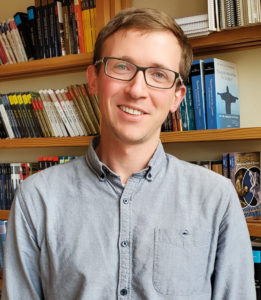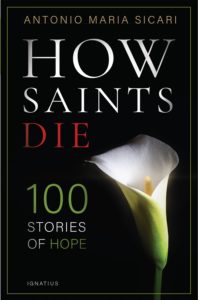Podcast: Play in new window | Download (Duration: 8:18 — 5.8MB) | Embed
Subscribe: Apple Podcasts | Spotify | Amazon Music | Android | Pandora | iHeartRadio | JioSaavn | Podchaser | Gaana | Podcast Index | Email | TuneIn | Deezer | Anghami | RSS | More
Saturday of the 2nd week of Advent – An Advent Lectio Divina for the Discerning Heart
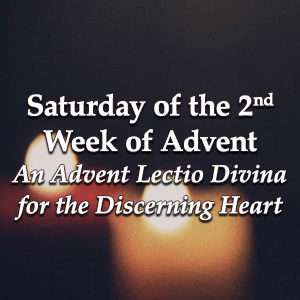 From the Holy Gospel According to St. Matthew 17:10-13
From the Holy Gospel According to St. Matthew 17:10-13
As they came down from the mountain the disciples put this question to Jesus, ‘Why do the scribes say that Elijah has to come first?’ ‘True;’ he replied ‘Elijah is to come to see that everything is once more as it should be; however, I tell you that Elijah has come already and they did not recognise him but treated him as they pleased; and the Son of Man will suffer similarly at their hands.’ The disciples understood then that he had been speaking of John the Baptist.
What word made this passage come alive for you?
What did you sense the Lord saying to you?
Once more give the Lord an opportunity to speak to you:
As they came down from the mountain the disciples put this question to Jesus, ‘Why do the scribes say that Elijah has to come first?’ ‘True;’ he replied ‘Elijah is to come to see that everything is once more as it should be; however, I tell you that Elijah has come already and they did not recognise him but treated him as they pleased; and the Son of Man will suffer similarly at their hands.’ The disciples understood then that he had been speaking of John the Baptist.
What did your heart feel as you listened?
What did you sense the Lord saying to you?
Once more, through Him, with Him and in Him listen to the Word:
As they came down from the mountain the disciples put this question to Jesus, ‘Why do the scribes say that Elijah has to come first?’ ‘True;’ he replied ‘Elijah is to come to see that everything is once more as it should be; however, I tell you that Elijah has come already and they did not recognise him but treated him as they pleased; and the Son of Man will suffer similarly at their hands.’ The disciples understood then that he had been speaking of John the Baptist.
What did your heart feel as you prayed?
What do you hope to carry with you from this time with the Lord?
Our Father, who art in heaven,
hallowed be thy name.
Thy kingdom come.
Thy will be done on earth, as it is in heaven.
Give us this day our daily bread,
and forgive us our trespasses,
as we forgive those who trespass against us,
and lead us not into temptation,
but deliver us from evil.
May the Lord bless us, and keep us from all evil, and bring us to everlasting life.
Amen
Excerpt from THE JERUSALEM BIBLE, copyright (c) 1966 by Darton, Longman & Todd, Ltd. and Doubleday, a division of Penguin Random House, Inc. Reprinted by Permission.

 Dr. Lilles continues the spiritual explorations of the Letters of St. Elizabeth of the Trinity. In this episode, we discuss letter 165, with a special focus on the power of the Eucharist and meets us in our suffering:
Dr. Lilles continues the spiritual explorations of the Letters of St. Elizabeth of the Trinity. In this episode, we discuss letter 165, with a special focus on the power of the Eucharist and meets us in our suffering:

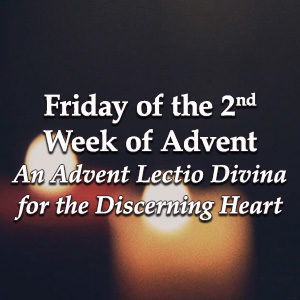 From the Holy Gospel According to St. Matthew 11:16-19
From the Holy Gospel According to St. Matthew 11:16-19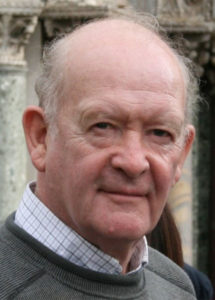
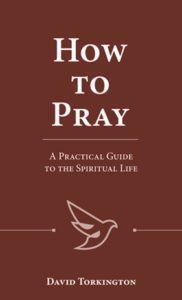
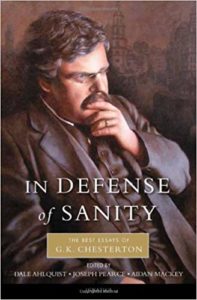



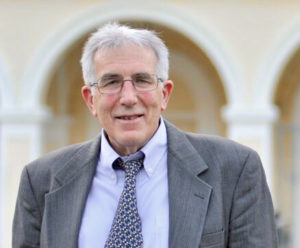
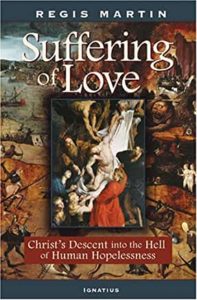
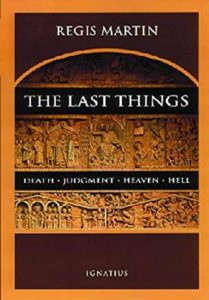
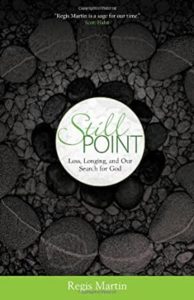
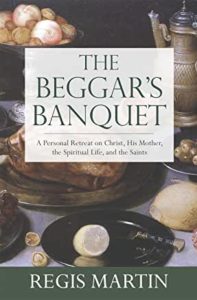
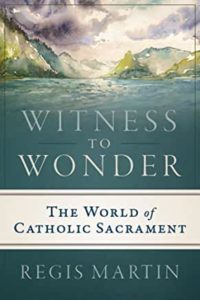
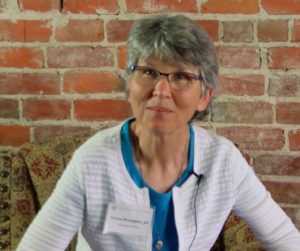
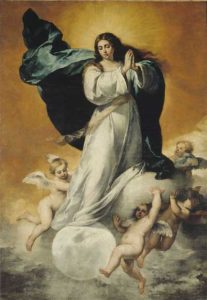 “
“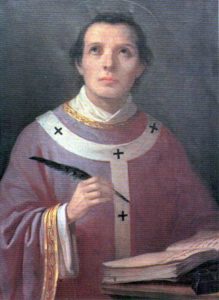
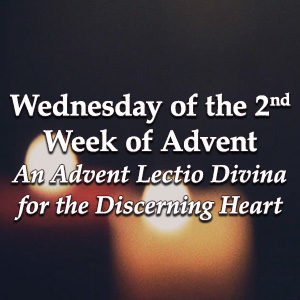 From the Holy Gospel According to St. Luke 1:26-38
From the Holy Gospel According to St. Luke 1:26-38